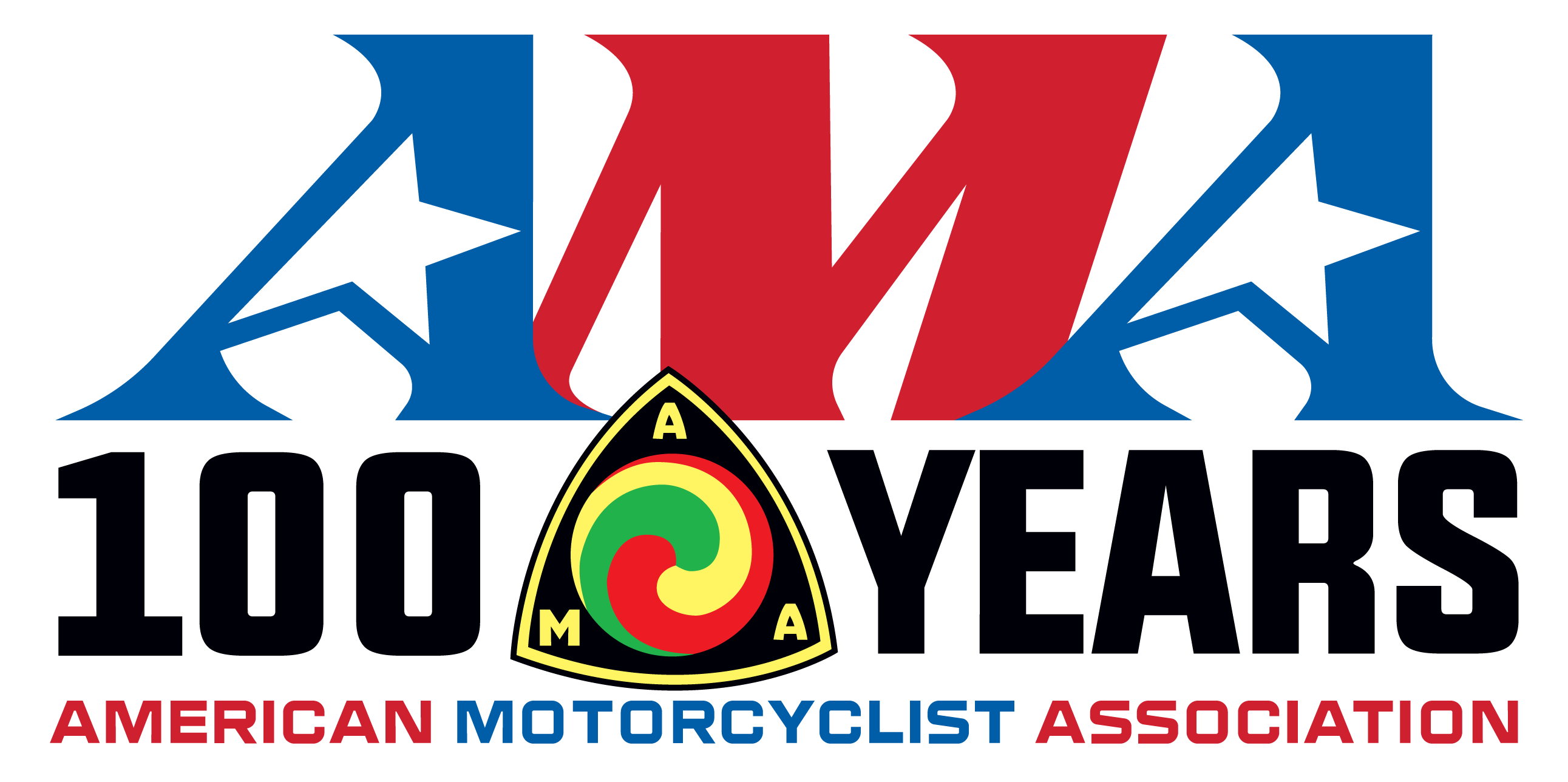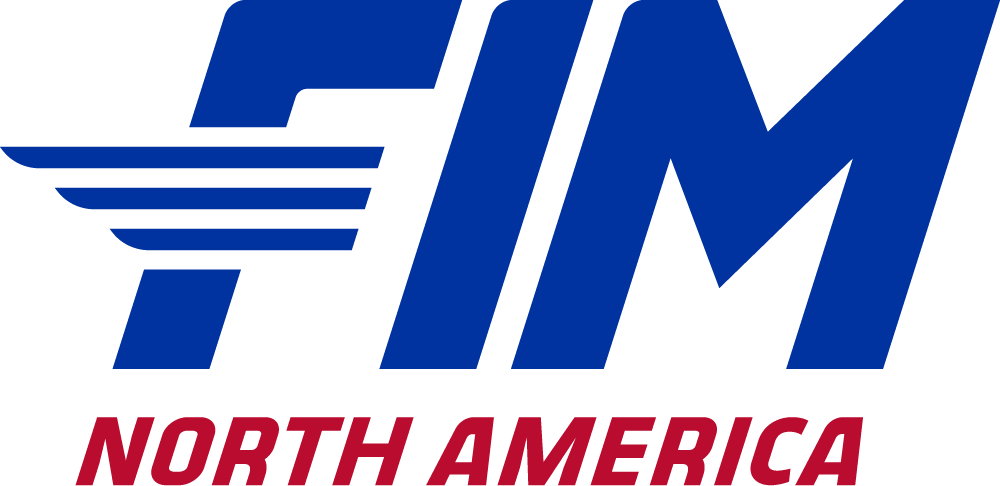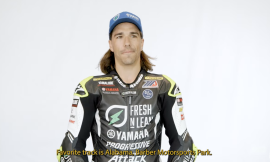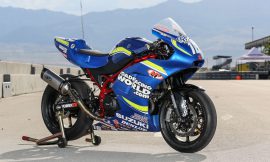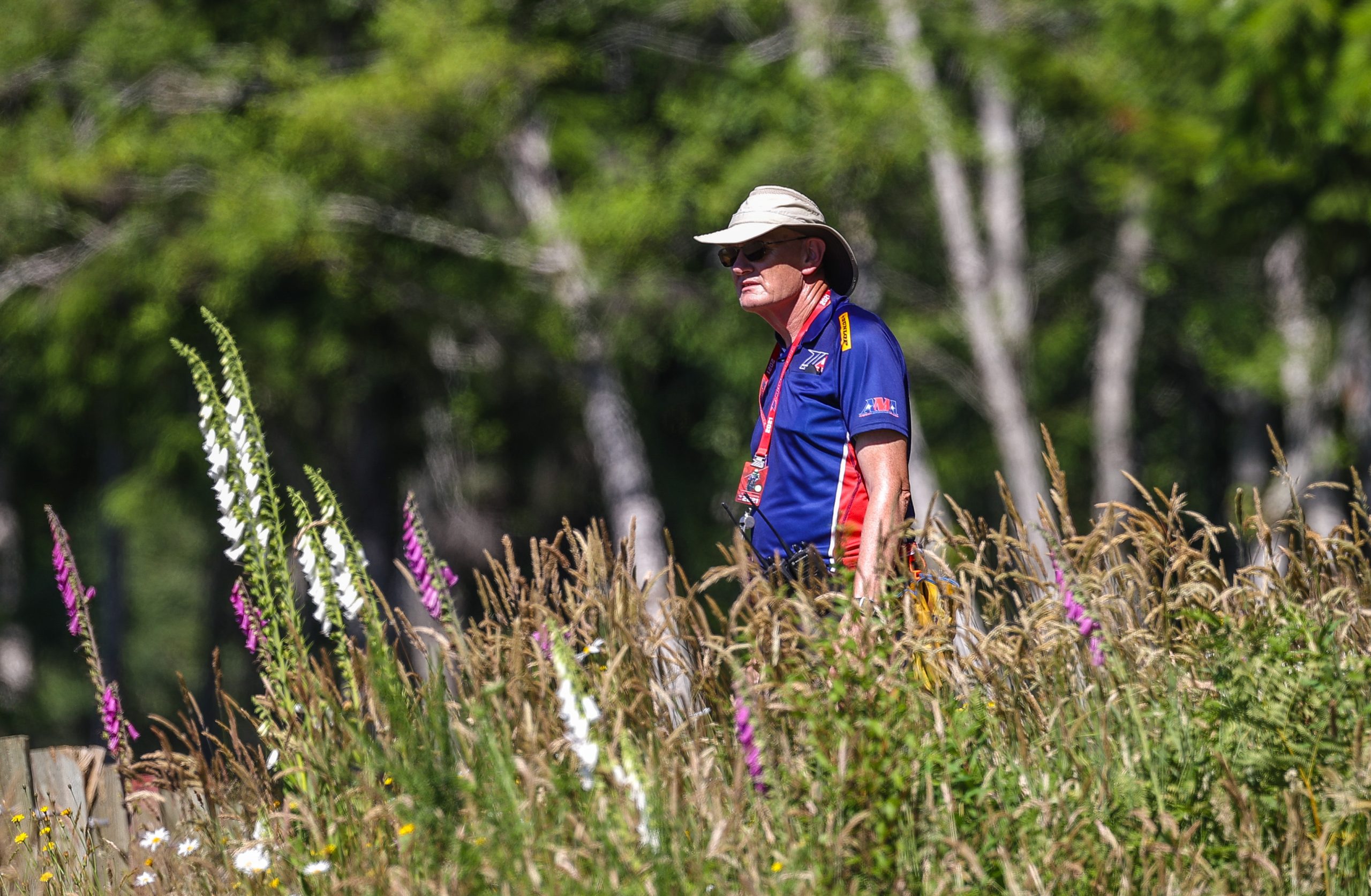
As is the case with most officials or referees, you only know of them when something goes wrong, or mistakes are made. Fortunately, that’s why most of you likely won’t know of David Hawley. Hawley is MotoAmerica’s chief marshal, which means he’s in charge of the cornerworkers, most of whom are volunteers, at all the MotoAmerica rounds. The expatriate who now calls St. Louis, Missouri, home has been in that capacity in the U.S. since MotoAmerica started in 2015 (after learning the ropes in the British Superbike Series in the 1990s) and we’re all the better for it.
What was your introduction to the motorcycle world?
When I was a teenager in the UK I needed cheap transport. A friend of mine had a CZ motorcycle. We used to call it a “seize-up” as that’s what it did most of the time, but I realized that I could afford a small bike like that. I bought a 250cc MZ from East Germany, which was a bit more reliable. I had it for a few years and used it to go to my first event, at Croft, In Yorkshire in 1972. It took an hour to cover the 40 miles from Newcastle where I lived. I was 17.
What led to you working in the MotoAmerica paddock?
My training as a marshal on that first day was “here’s your flag. Stand there.” I had one flag (a yellow) and no idea what to do with it and was left there for several hours on my own. For some reason I went back to the next event, but this time insisted on more information on what I should do. There was a very casual attitude to safety in those days, which I didn’t like at all. After agitating for a while, I found I had been handed the job of improving things and began doing some training for corner workers. I went to a lot of events. When Stuart Higgs started British Superbikes in the 1990s, he insisted on better training, which I helped with from the start, and took over completely in 2000 and ran until I moved to the USA in 2006. When MotoAmerica started up, they brought Stuart Higgs over to help get it going and he suggested I might be interested in being Chief Marshal. I didn’t have to be asked twice.
What part of the job do you enjoy the most?
MotoAmerica is an organization of real enthusiasts who get to run a race series. Unlike many organizations I’ve been involved with, we are (mostly) free of prima donnas, empire builders and self-appointed experts and I get on well with pretty much everybody. My job is to recruit, train, and deploy marshals (corner workers) around the circuit. Some have decades of experience, but others are complete newbies who don’t have much idea of what they are volunteering for and have little appreciation that being a corner worker is hazardous job. I do basic training at all circuits, where I say a lot about safety, and make sure that the new people are placed with old hands who can watch out for them and make sure the event runs smoothly. I work on the philosophy of never asking anyone to do something I’m not prepared to do myself, and I have bit of a reputation of being able to predict when and where incidents are likely to happen, so I’m often out on track hands-on, myself. Some marshals groan when they see me arrive at the post as they know I think that a crash there is imminent!
I also like going to new circuits. I’ve been to over 50 tracks in the USA, UK, Europe and Australia. I’m hoping to go to India this year.
What part of the job is the most difficult?
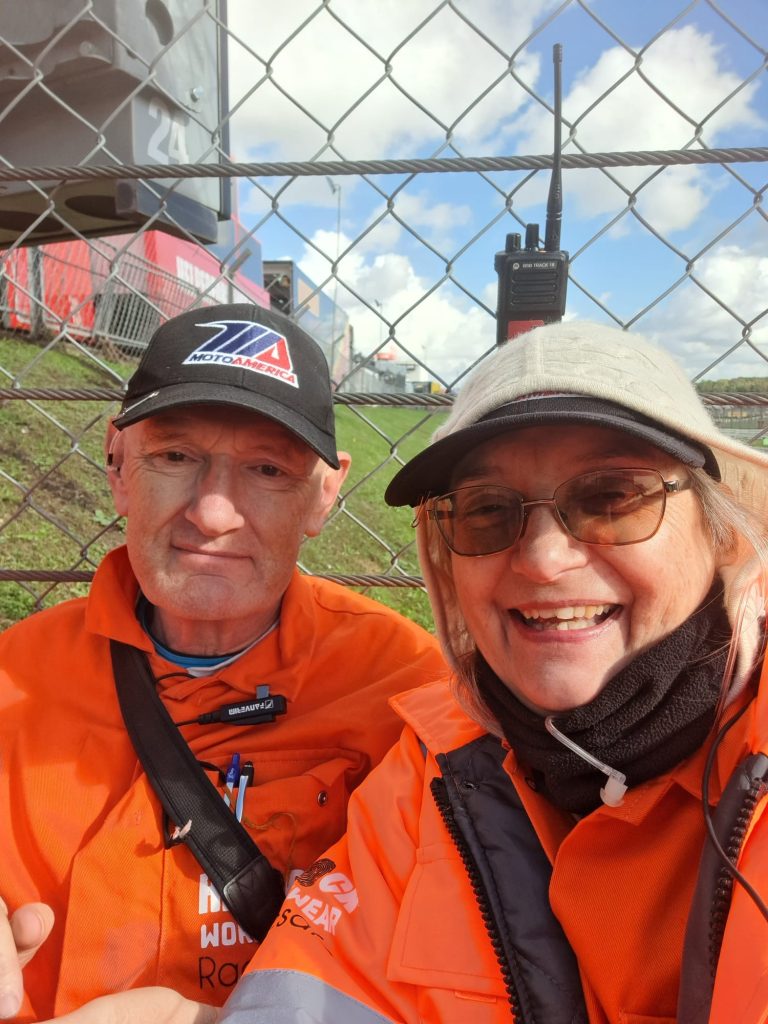
As a marshal you often deal with crashes, and sometimes riders get injured. In the years I’ve been doing this, I have had to deal with some fairly serious incidents from time to time. In a situation like this, the newer the marshal at the scene, the harder they find it. I’ve seen very few cases of genuine panic in my time; most people remember what they have been taught, even if they have little experience, and do their job well, even if it is just calling in on the radio what has happened. Marshals can be affected in the same way as riders and their families.
What do you like to do when you’re not at the racetrack?
I have two daughters who live in London, so my wife Mary (an expert flagger!) and I go there often.
Otherwise, my winter hobby is a complete contrast to working for MotoAmerica in the summer. I like theatre and started to write drama some years ago when I was traveling a lot for the consultancy I worked for. I hated sitting in hotel rooms watching lousy TV or telling my life story to the barman, but I have always gone to see plays in the theatre. Some shows weren’t very good, and I thought “I could write better stuff than that” so when a local theatre in the UK ran a new writers’ course, I decided I would. I’ve written around 15 full-length plays and maybe 25 shorter ones. Two of them were staged in St Louis, where I live, this winter, as it happens. I mostly write comedy-drama. I usually intend it to be drama but can never resist adding some jokes. I also sometimes get asked to go on stage myself from time to time. I’m a reasonable, rather than a great actor, but I can do a very good English accent.
